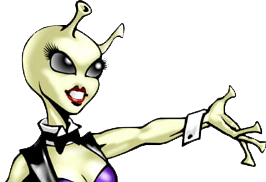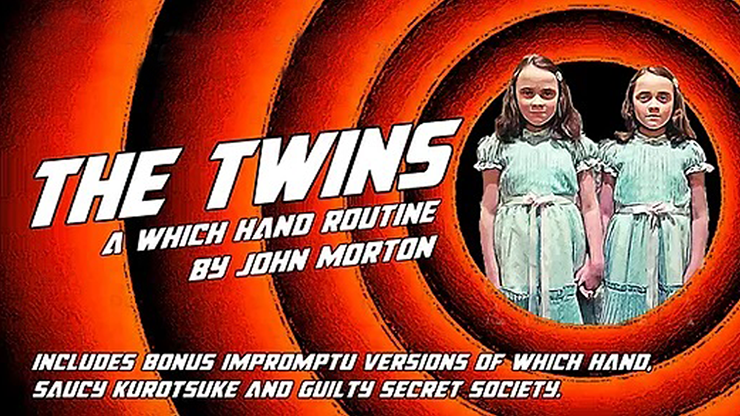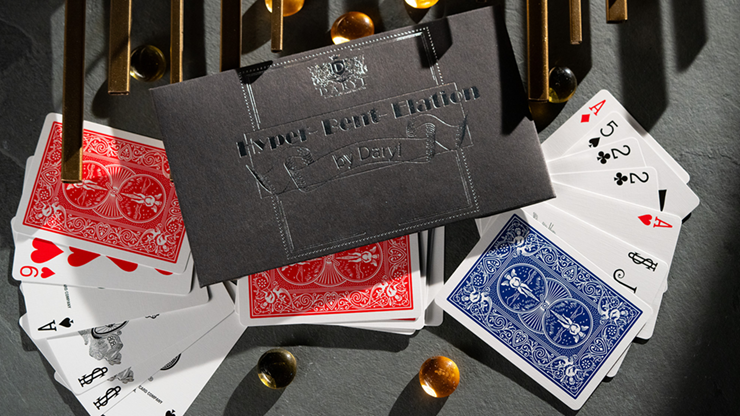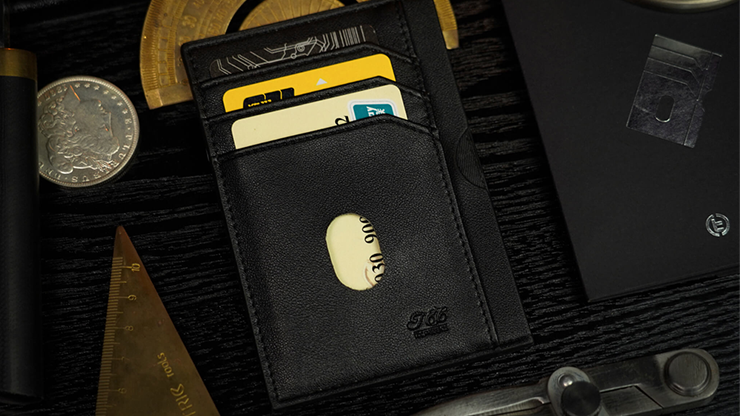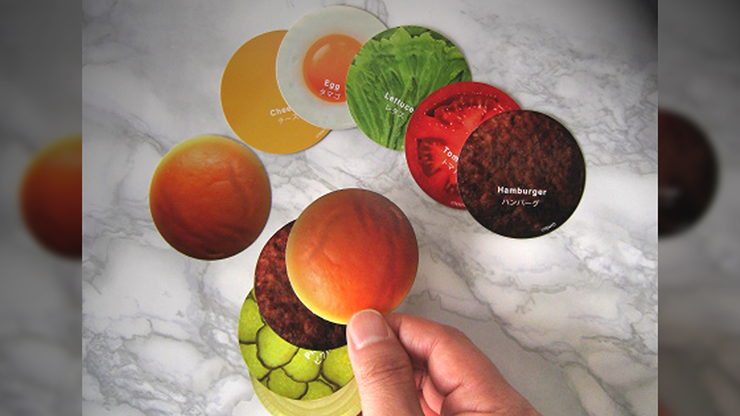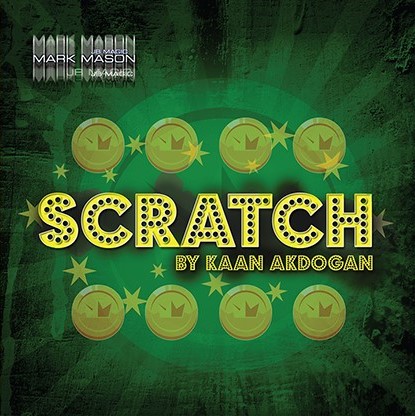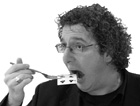Personal Secrets
Lorayne, Harry
Louis Tannen
(Based on 1 review)
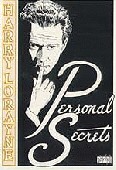
Reviews
(Top ▲)
Hot on the heels of Harry Lorayne's 1964 release, Close-Up Card Magic, came this little collection of "overflow" tricks -- that is to say, routines from the same period that were not included in Close-Up Card Magic, but certainly could have been, given their quality.
Personal Secrets is a 52-page booklet with nine card tricks, all described in the clear, conversational, upbeat style for which Harry Lorayne eventually became known. Moreover, while he makes a multitude of references to himself and his work in each trick (indeed, at one point he actually says, "I hate to sound immodest, but why else do we write books if not to brag."), this habit had yet to reach the colossal proportions that render much of his current work utterly unreadable.
Regardless, every effect in here is pretty darn good. Four Of A Kind is an impromptu, well thought-out Triumph using a freely chosen four-of-a-kind. Leap Frog is a strong, no-duplicate traveling card in which a selection transports itself from one packet to another. Red & Black Fantasy is a devious technique for determining how many red and black cards a spectator has placed randomly in his pockets. This may be the book's biggest "fooler" (to use a Lorayne-ism), but, as with many of Harry's tricks, you'll have to come up with some sort of presentation that will make people care.
Revers-All is a pretty, Peter-Duffie style revelation of two peeked cards, which are ultimately found reversed in the deck. Color Quickie is a very magical prediction/transformation with a single, odd-backed card. I actually published a similar routine called Double Vision in Natural Selections, Vol. II, and had I been aware of Harry's effect, I would have cited it as precedent (you just can't have enough eyes go over a manuscript before publication!).
The real gem of this book, in my opinion, is Magician Vs. Gambler, an excellent version of the now-classic Paul LePaul plot using a few double lifts and a simple top palm (the latter is executed when there's no heat on the deck, making it virtually pressure-free).
The remaining tricks are somewhat weaker, though not bad per se. Four More is a sub-standard location of four-of-a-kind using the very mediocre Spread Control. The Fantastic Card Square is an adaptation of the hoary Magic Square to playing cards (I swear, if anyone ever started performing this trick for me, I would take out a gun and shoot myself in the knee). And Ten Card Puzzler is (as a Harry freely admits) a brainteaser and/or party game, not a performance piece (though to be fair, it is an effective puzzle).
And there you have it. Nine tricks, no duds, and a few boni fide workers. One caveat -- many of the techniques here are tailored to Harry Lorayne's jerky, jittery style (if you've never seem him perform, he's like a squirrel on acid). Thus it may be that his tricks are best presented at a brisk pace. This is not a weakness (certainly not when Harry does them), but you might want to keep it in mind when deciding whether or not this collection is for you.
David Acer
Personal Secrets is a 52-page booklet with nine card tricks, all described in the clear, conversational, upbeat style for which Harry Lorayne eventually became known. Moreover, while he makes a multitude of references to himself and his work in each trick (indeed, at one point he actually says, "I hate to sound immodest, but why else do we write books if not to brag."), this habit had yet to reach the colossal proportions that render much of his current work utterly unreadable.
Regardless, every effect in here is pretty darn good. Four Of A Kind is an impromptu, well thought-out Triumph using a freely chosen four-of-a-kind. Leap Frog is a strong, no-duplicate traveling card in which a selection transports itself from one packet to another. Red & Black Fantasy is a devious technique for determining how many red and black cards a spectator has placed randomly in his pockets. This may be the book's biggest "fooler" (to use a Lorayne-ism), but, as with many of Harry's tricks, you'll have to come up with some sort of presentation that will make people care.
Revers-All is a pretty, Peter-Duffie style revelation of two peeked cards, which are ultimately found reversed in the deck. Color Quickie is a very magical prediction/transformation with a single, odd-backed card. I actually published a similar routine called Double Vision in Natural Selections, Vol. II, and had I been aware of Harry's effect, I would have cited it as precedent (you just can't have enough eyes go over a manuscript before publication!).
The real gem of this book, in my opinion, is Magician Vs. Gambler, an excellent version of the now-classic Paul LePaul plot using a few double lifts and a simple top palm (the latter is executed when there's no heat on the deck, making it virtually pressure-free).
The remaining tricks are somewhat weaker, though not bad per se. Four More is a sub-standard location of four-of-a-kind using the very mediocre Spread Control. The Fantastic Card Square is an adaptation of the hoary Magic Square to playing cards (I swear, if anyone ever started performing this trick for me, I would take out a gun and shoot myself in the knee). And Ten Card Puzzler is (as a Harry freely admits) a brainteaser and/or party game, not a performance piece (though to be fair, it is an effective puzzle).
And there you have it. Nine tricks, no duds, and a few boni fide workers. One caveat -- many of the techniques here are tailored to Harry Lorayne's jerky, jittery style (if you've never seem him perform, he's like a squirrel on acid). Thus it may be that his tricks are best presented at a brisk pace. This is not a weakness (certainly not when Harry does them), but you might want to keep it in mind when deciding whether or not this collection is for you.
David Acer
